Based on a True ‘SPIN’ Intern Story…
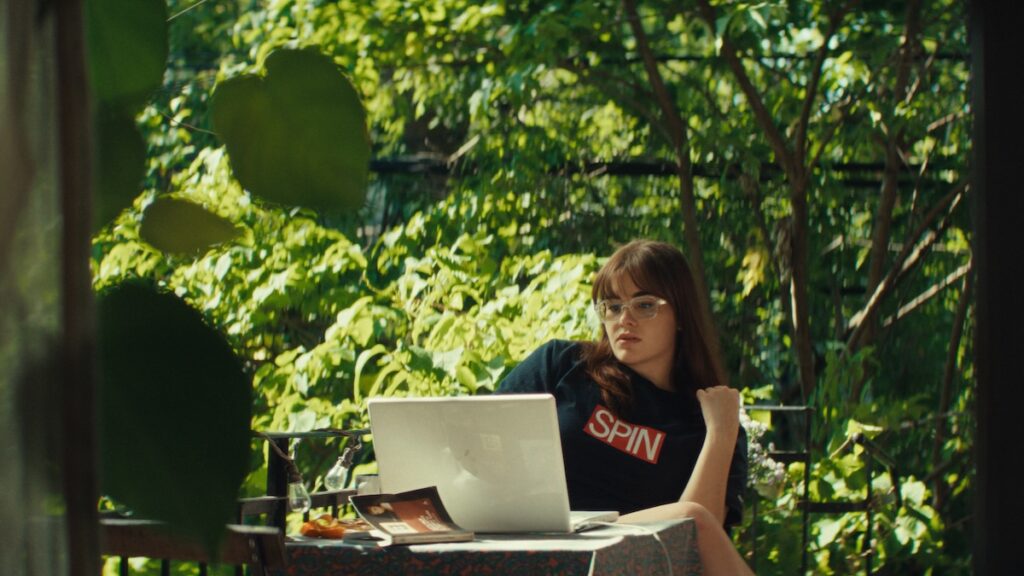
“Cool. Wow. Being interviewed by SPIN, full circle,” gushes filmmaker and former SPIN intern Chandler Levack while sitting in an empty office of Toronto’s Elevation Pictures. The Canadian company is distributing her new film, Mile End Kicks, which just had its world premiere at the Toronto International Film Festival (TIFF).
Toronto-born Levack went from music critic for various publications, including SPIN, to a Juno Award-nominated music video director (PUP’s 2015 “Guilt Trip” and 2016 “Dark Days”) to an award-winning screenwriter and director with her first feature film, I Like Movies, in 2022, about a teenage film buff who gets a job at a video store in the early 2000s.
Mile End Kicks is another retro story. Set in 2011, Euphoria’s Barbie Ferreira stars as 24-year-old music critic Grace Pine, who pitches and lands the opportunity to write the 33 1/3 book on Alanis Morissette’s 1995 empowering confessional Jagged Little Pill.
After moving to Montreal’s fertile indie-rock neighborhood of Mile End for the summer to concentrate on meeting her deadline, she meets the enigmatic singer Chevy of Bone Patrol, played by Stanley Simons. The indie band is good and Pine is smitten.
She interviews them for SPIN and is also seen wearing a SPIN T-shirt.
Pine’s editor in the film is played by Jay Baruchel. Mile End Kicks also features Devon Bostick (Oppenheimer), Juliette Gariépy (Red Rooms), Robert Naylor (“19-2”, “District 31”), and Isaiah Lehtinen (star of I Like Movies).
Any music journalist from the early 2000s will chuckle at the scenes referencing the Big Shiny Tunes compilations, the Sook-Yin Lee poster on the wall, brown manilla envelopes containing promo CDs, writing band bios as a side hustle, the invitation decline “I’m on deadline,” and even standing in a club watching a band, notebook and pen in hand, when someone inevitably taps you on the shoulder to ask what you’re writing.
Levack interned for SPIN in summer 2007, and her pieces on Broken Social Scene, Metric, Wavves, and more can still be read on the website.
She tells SPIN, “I was walking past a magazine store in New York, and I saw SPIN in the doorway. I felt like I went back in time. I didn’t know it was back in print and it was so visceral and amazing to walk past a print copy of SPIN. It made me so happy.”
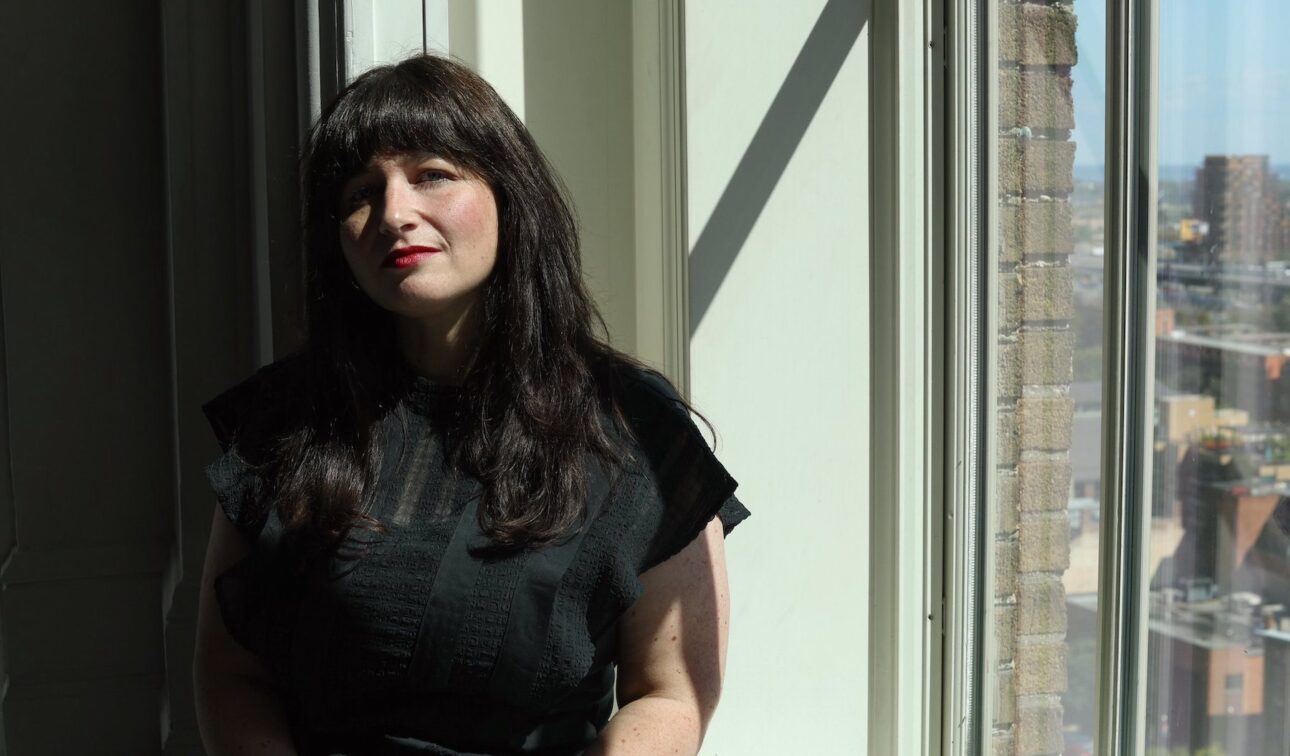
As Grace begins Bone Patrol’s first interview, should I start casually by asking how much weed you smoke?
Yeah, yeah. Please do. Only sometimes. Pretty rarely [laughs].
Is the SPIN T-shirt in the film authentic? Is it yours or did wardrobe find it?
It’s my real SPIN T-shirt from when I was an intern there in 2007. It’s authentically vintage. We did wash it for Barbie to wear.
Why did you hang onto it all this time?
I don’t know. I just never throw things away. But I love SPIN. I loved interning there. I loved writing there. I took so much pride in writing for SPIN. I love the magazine. I love all the writers that have come through SPIN. So, yeah, of course, I’m going to keep the T-shirt.
In doing press for Mile End Kicks, have you been interviewed by a lot of music journalists or am I a dying breed?
You’re the only music journalist that I’ve spoken to, but I hope there’s more to come.
How did you get the internship at SPIN?
I was obsessed with SPIN. When I was in high school, I was at Blockbuster Video in the checkout line, and I saw SPIN and the Strokes were on the cover. And I was like, “I thought only I knew about the Strokes. What is this magazine where the Strokes are on the cover?” So, I bought it and I just poured over it and I became obsessed with SPIN. I think in that issue there was an excerpt of Sex, Drugs, and Cocoa Puffs, the Chuck Klosterman book of essays, so I went to Indigo [bookstore] and I got the book and it changed my life. I was like, ‘Holy god, this person is so smart. They’re so funny.’”
Isn’t that book on a shelf in the movie?
It is in the movie, yeah. And I was like, “I didn’t know that was a job, that you could have a job writing about art and culture and pop culture. I decided then and there, “I’m going to become a pop culture critic.” It was around the same time that I saw Almost Famous. I think reading SPIN, Chuck Klosterman’s book, and Almost Famous, I was like, “I’m going to be a rock writer.” I actually emailed Chuck Klosterman in high school because he had a column for SPIN about pop culture and in one of his articles he put his email address. So I emailed him. I was like, “I want to be a pop culture critic. Your writing means the world to me. How do I do what you do?” And he wrote me back this very heartfelt, lovely email that I still have. He was like, “Write for your school newspaper. That’s how it all starts. So as soon as I got into University of Toronto, I started writing for all the school newspapers.
That’s what I did. I was rock editor of U of T’s The Varsity.
Yes, the first article I wrote for The Varsity, actually, I interviewed Chuck Klosterman for the article. I’m telling you, SPIN runs deep with me. And then, I was the editor of The Varsity. So when I saw that SPIN had internships, I was like, “Oh my god, I can intern at SPIN? That’s so crazy.” So, I submitted some articles I had written. I also got this email out of the blue to write listings for SPIN about Toronto events so when I applied to SPIN, I had already written an article and had a byline in the magazine. I think that’s what helped me get in.
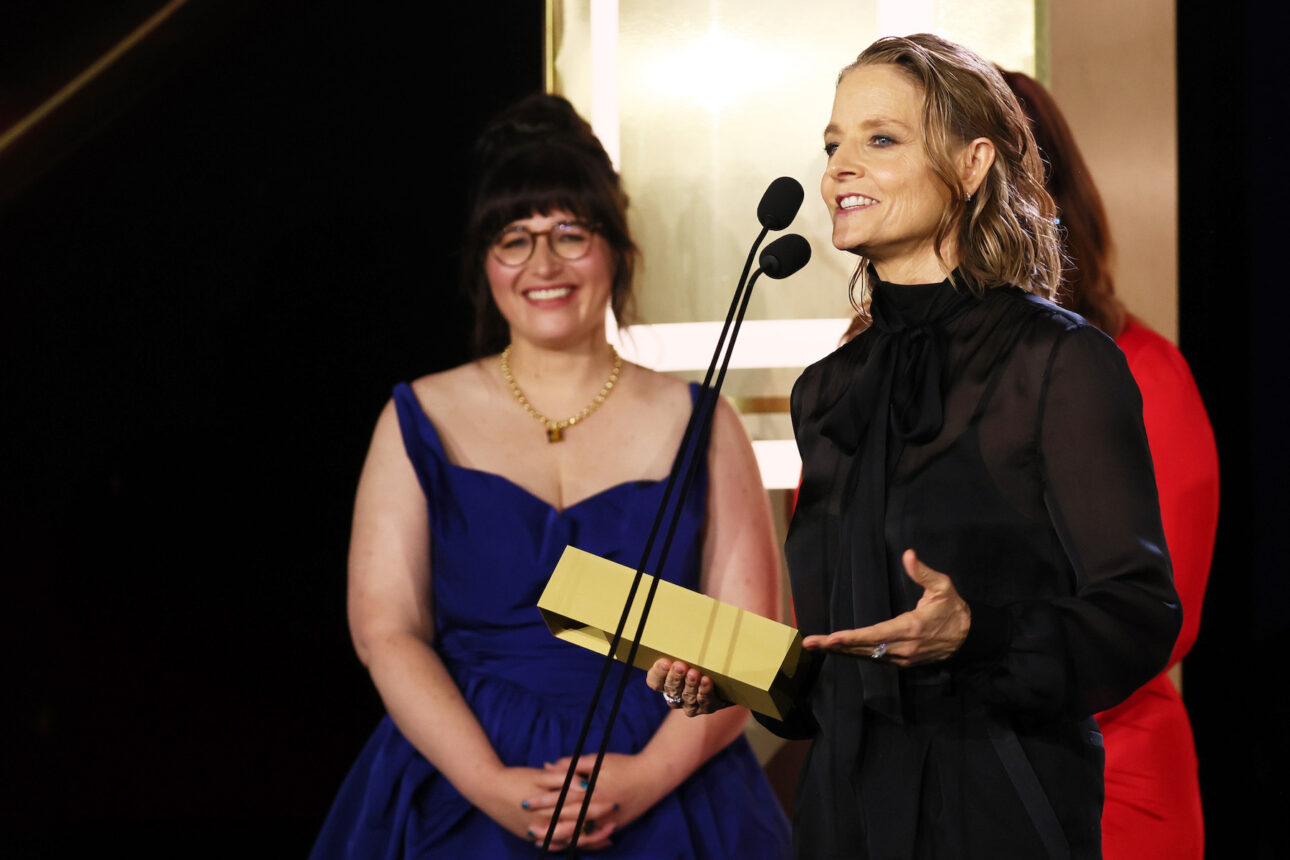
How did you go from intern to actually writing for SPIN?
At the time, they didn’t really think about their website too much. They were like, “Oh, yeah, we’ve got a website, but the magazine is really important. That’s where it’s all going to be. So I was like, “You need content for the website, so I’ll write as much content for the website as I possibly can,” because I just wanted to get published and write articles. I think they saw that I was really keen. My internship was supposed to be two days a week and then I started working there full time. It was unpaid. I just started writing for the website all the time. They sent me to the Virgin Festival and I got to interview so many wonderful bands there and cover a music festival for the first time.
Like in the film, was the vibe of SPIN, six or eight guys—and you, the only female?
That was more the vibe of a different place that I worked at. SPIN interns were in the basement in a section that they called The Pit. We weren’t upstairs with the other magazine editors. We would only go up there to ask them questions or if we had an assignment to do.
Who was your editor?
Kyle Anderson. Who’s great. He was sort of our boss. I think he was the editorial assistant.
Like the character Grace, were you owed four grand from any outlet?
I definitely have been owed huge lump sums of money from freelancing as a journalist that have never been paid to me or took an exorbitantly large amount of time, and it’s just been humiliating emailing the person over and over again for the money. I won’t name names, but one of them might rhyme with ice [laughs]. “Ice” magazine.
Is that why you got into filmmaking, because it’s just so hard now to make a living as a music journalist?
When I first was starting my career in the late-aughts, in 2005, 2007, there were still seven pages of CD reviews in a magazine. That culture has totally evaporated. It’s sad because of the love that we all had for indie music, the power that music criticism had to unpack a band and talk about what a band meant. I loved interviewing musicians; I thought they were so fun and interesting.
Who were some of your favorites, for SPIN or other outlets?
I had a profound conversation with Wayne Coyne from the Flaming Lips [for Toronto’s Eye Weekly] where he talked about death and sex and playing shows in the big inflatable bubble that he had. And that was amazing. I had a great conversation with Lee Ranaldo from Sonic Youth, when they were rejoining and playing a lot of their old albums front to back. He told me a great story about how all their guitars got stolen in Japan or something and then they had to find them again. And all their processes of playing guitar with broken drumsticks.
I always call myself a music journalist. Grace refers to herself throughout the movie as a music critic. Why did you pick critic versus journalist?
I definitely did a lot of journalism, too, and interviewed bands. What I liked about criticism was using it as a form of, in a weird way, autobiography. I felt like all the criticism that I was doing was really personal. A lot of times I’d be writing about an album, but I was probably using that album to write about a breakup or something [laughs].
Was Jagged Little Pill important to you? Why is that the focus point of the film?
It was the first record that I ever loved. I listened to it when I was 8 years old, and it completely changed my life. Someone on the schoolyard was talking about it and they’re like, “There’s this woman; she’s from Canada; she swears all the time and talks about having oral sex.” And I’m like, “What is this record?” So, I made my mom buy it for me. She had a huge Ford Windstar minivan and I remember sitting in the front seat. My brother, who was probably 4 years old at the time, was in the back seat and we put the tape on. “You Oughta Know” was the first song on the record and Alanis was instantly swearing and saying, “Would she go down on you in a theater?” I remember my mom being really shocked that this is what I wanted to buy and I had to pretend to be shocked. But I was like, “Oh, this is everything. My whole life is going to change. I know as soon as I get home, I’m going to listen to this record over and over and over again.” And I did. I poured over all of the liner sheets. I still know every song backwards and forwards.
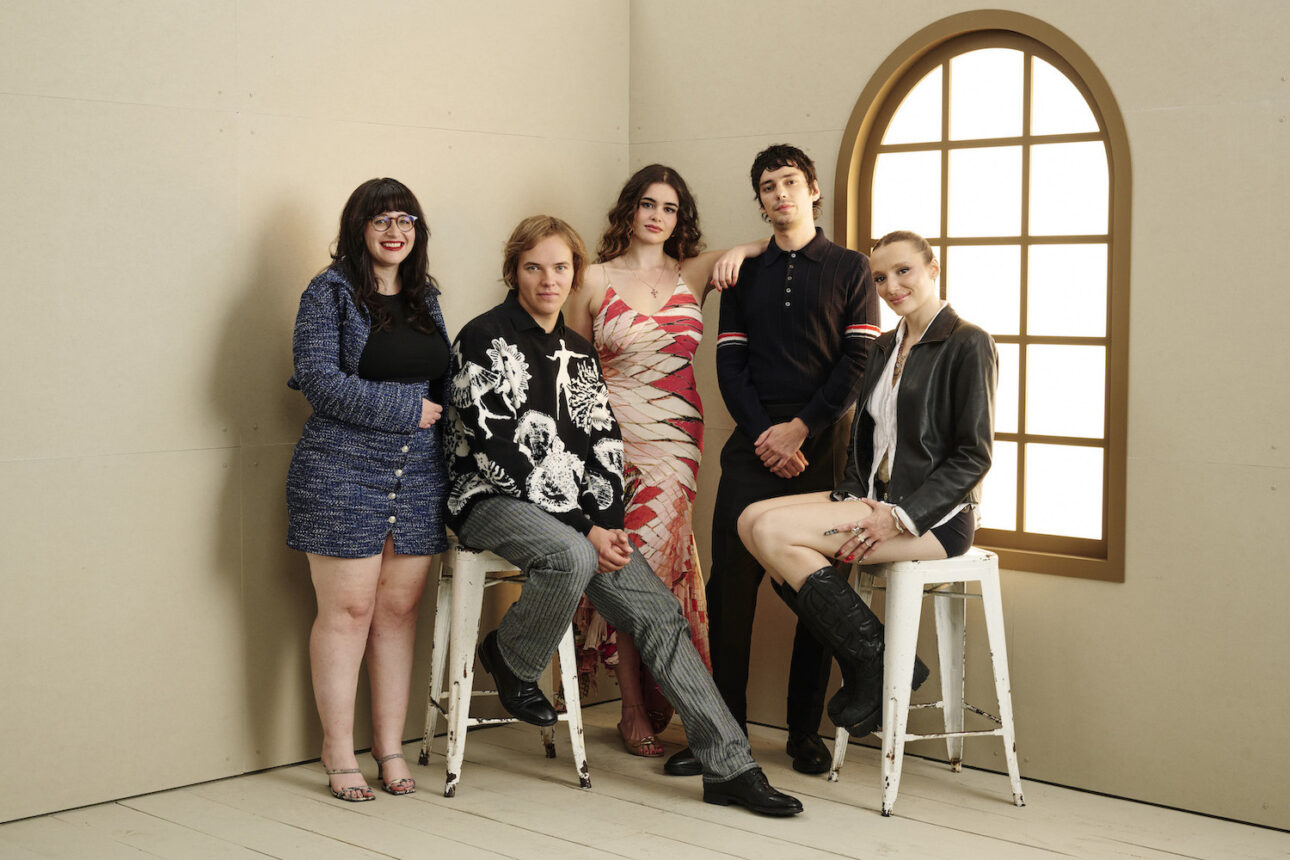
Did you ever pitch a 33 1/3 book on it?
I never pitched on one. I should have. I think I was too intimidated.
Has Alanis seen the film?
I’ve heard that she’s seen the film because we wanted to make sure that she was okay with it. So, she did watch it, and she said, “I give you my blessing,” which is so sweet because she literally played God in [Kevin Smith’s 1999 film] Dogma.
Whether or not you were able to license her songs [“All I Really Want” and “Hand In My Pocket”] or have old TV clips of her, was the main character always going to be writing a 33 1/3 book on Jagged Little Pill or would you have switched it out?
It’s never been anything except Alanis. I would never want it to be. But it was so amazing to be able to have her music in the film and really see her and feel her presence because she’s amazing.
The songs in the film are from the era, many Canadian acts from Peaches “Fuck The Pain Away,” The Deadly Snakes “There Goes Your Corpse Again,” and Bran Van 3000’s “Drinking In L.A.”
I wanted it to accurately evoke the time and also be this kind of mixtape of music that I love. And then there was a lot of research of, “Okay, it’s February 2011. What record is she reviewing?” I had to look back at all the Pitchfork lists and Wikipedia articles and be like, “What if it was Joanna Newsom? That would be so cool. That song ‘Easy’ is the first track on Have One On Me, and it’s so beautiful. That was really meaningful when Joanna gave us the rights to that song. I wrote her a letter.
When we first see Bone Patrol perform in the club, they are good. Usually bands in films are shit, even if they’re intended to be good (laughs).
I mean, if she’s gonna completely lose herself in this guy and self-immolate, you want at least him to be talented [laughs], but it was really fun to write those songs with this band, TOPS, from Montreal. They’re my favorite band in the entire world. I gave them a playlist of songs that I wanted to evoke with Bone Patrol. It was Pavement, Built To Spill, and Archers of the Loaf. I wanted them to have a throwback sound, and then they would write versions of the song and I’d be like, “I think it needs more of a guitar chorus.” The second song that Chevy performed, “Slept in My Jeans,” that’s inspired by John Maus, who I love. The song “Bennington” is my favorite song of all time. It’s this crazy love song. So that was a big influence. And then “Korean Supermarket” that he performs on the roof, that’s Stanley’s original song. When he auditioned for the film, he sent me a video of him playing that song and I was like, “This is the most beautiful song.”
You made your first of many music videos for PUP and ended up getting nominated for two Juno Awards. How did you go from music critic to video director?
We had mutual friends. They were like, “Hey, Chandler, you know people in film. We want someone to direct our first music video. Do you know anybody? We only have, like, $1,000.” “I’ll do it.” My filmmaking partner at that time, also my boyfriend at that time, Jeremy Schaulin-Rioux, had this incredible idea for a music video, which was our first video, “Reservoir,” which we filmed in [Toronto’s] Kensington Market. We just teamed up and ended up doing four or five videos for them together. It was incredible. I’d never done filmmaking before so that became my whole education in independent cinema. And together, we did everything from location scouting to casting to making fake blood in our bathtub to stunts.
Your first film, I Like Movies, also looks back to a bygone era, set in the ‘90s, a high school boy consumed by movies, working at a video store, dreaming of becoming a filmmaker. Was music journalism always a steppingstone for you to filmmaking or, like me, you always wanted to be a full-time music journalist since your teens?
I really wanted to be a music journalist. I really wanted to be a pop culture critic. That was my initial dream, but then seeing Almost Famous and realizing that Cameron Crowe did both. There’s a lot of filmmakers that I really admire that started as journalists like Nora Ephron, Cameron Crowe, and Billy Wilder. Journalism is a really great training ground for filmmaking, especially screenwriting because it’s all dialogue focused. You sit down with someone for 15 minutes and then you have to explain their entire life story and use that conversation as the basis point for a whole narrative about their lives, what’s going on with their exact time in their life and every little intimate detail, the way somebody’s sitting in the chair, or what they’re wearing. That becomes the basis for your scene. So I think the decade of profile writing that I did was immensely helpful.
[SPOILER] The main characters in I Like Movies and Mile End Kicks, they’re not Rocky Balboas. They’re not triumphant. Not to be emulated (laughs). They fuck up. Why is that?
They’re definitely characters that have a bit of imposter syndrome and constantly talk about the artistic stuff that they want to achieve, but they don’t actually do any of the work they should be doing to actually do it, and instead they put their focus on something else and slowly but surely realize that they should have been paying better attention to all the people in their lives that actually do care about them. They are characters that have to confront their own narcissism, kind of too late and are really self-destructive and maybe are consumed with popular culture as a way of escapism, and, also, projecting these delusions of grandeur.
You’re clearly not like them. You’re a doer. You’re tackled music journalism and film. What’s next?
These are the only two artistic passions that I have. I’m just writing what I know. I make films to try to understand some aspects of my life and what’s happened to me. And as I keep continuing to experience stuff, I’m sure there’ll be more content of mine.
Link to the source article – https://www.spin.com/2025/09/based-on-a-true-spin-intern-story/
-
Washburn Americana Series, 8-String Mandolin, Right, Sunburst (M3EK-A)$479,00 Buy product
-
Stagg M20 Left-Handed 8-String Bluegrass Mandolin with Adjustable Bridge – Violinburst$169,99 Buy product
-
Cubilux USB C to Guitar Adapter, Type C to Bass Guitar/Keyboard/Digital Piano Converter Compatible with iPhone 15+/15 Pro Max, iPad Pro/Air 5 4, Samsung S23/S22/S21/S20 Tab S8 S7 S6, Pixel 8/7/6 Pro$24,90 Buy product
-
GLARRY Electric Bass Guitar 4 Strings Buring Fire Style Full Size for Beginner Right Hand with Bag, Strap and Accessories (Black)$79,99 Buy product
-
KURZWEIL – THE VERY BEST OF – HUGE Original 24bit WAVE Multi-Layer Samples Library$14,99 Buy product
-
CarolBrass CTB-1005-YSS-L Mini Trombone, Slide Bb Trumpet$0,00 Buy product







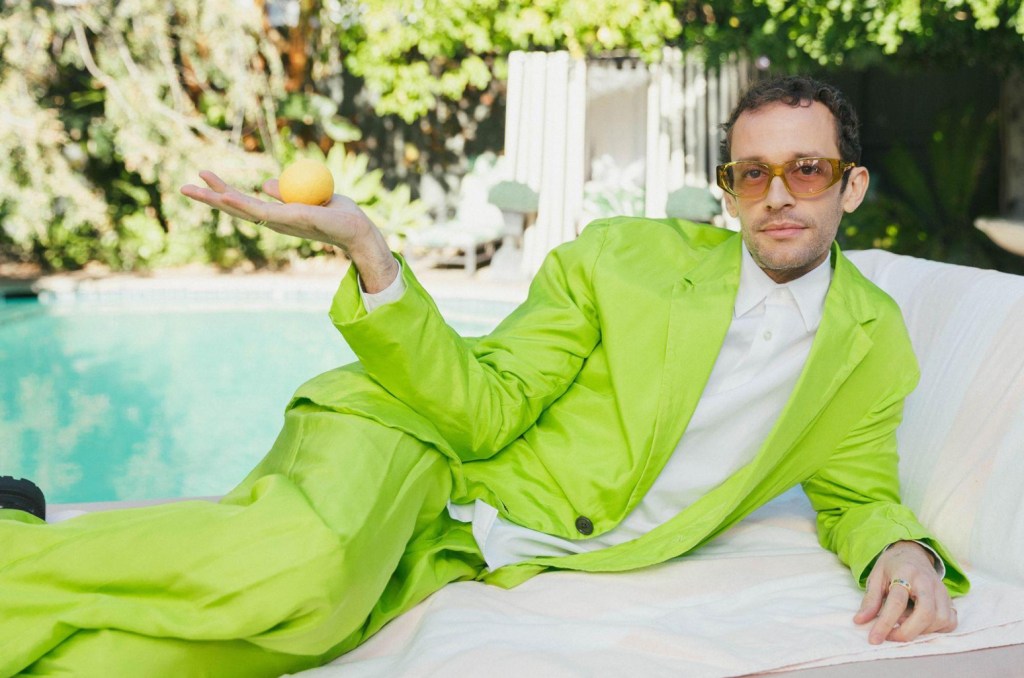
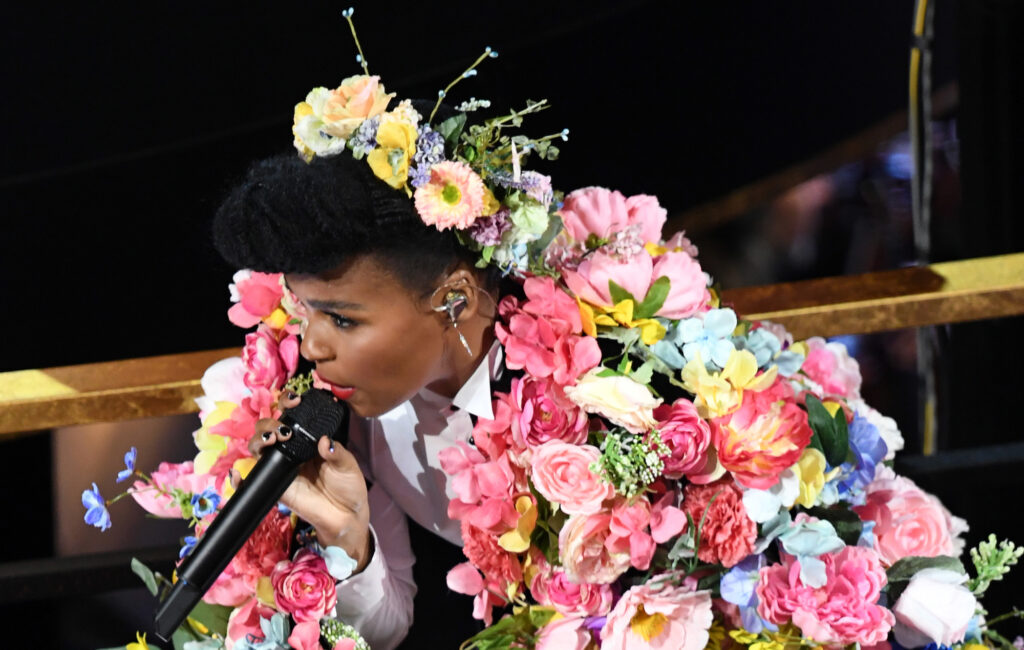
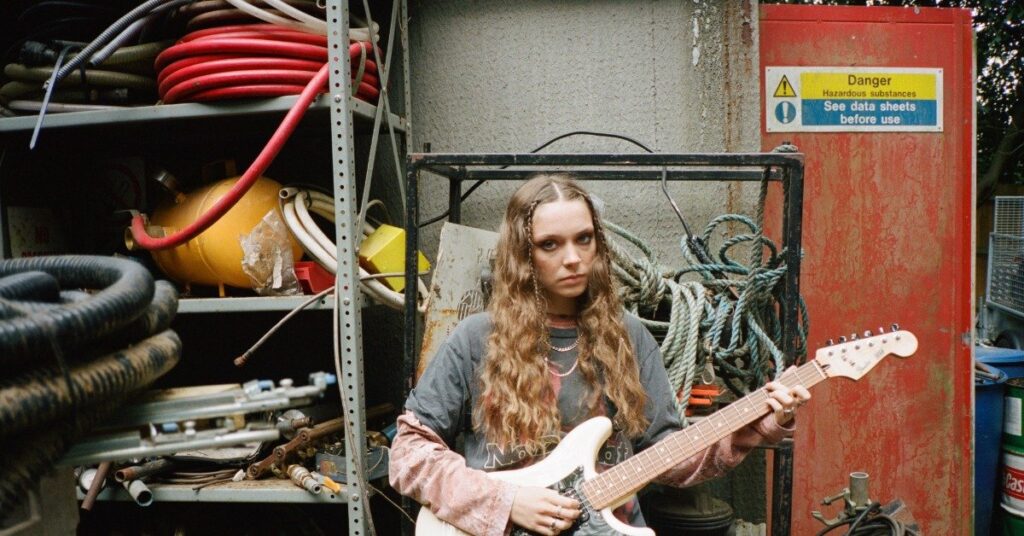



Responses